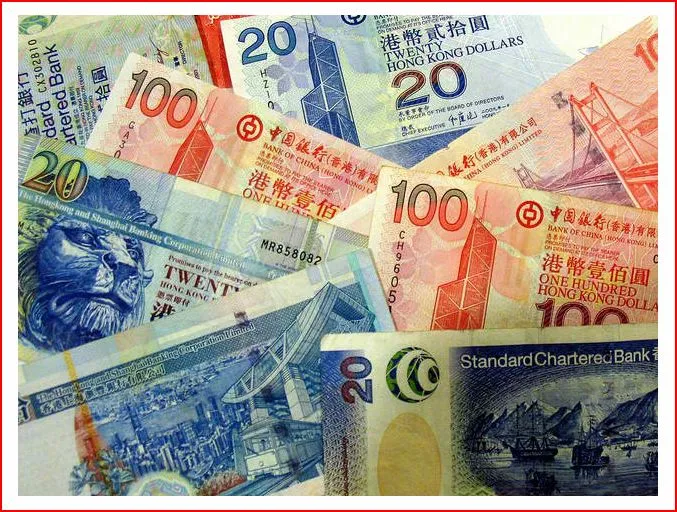
Hong Kong banks' loan growth predicted to hit 18% for 2018
The forecast rose from 7.5% as lending to private companies grew.
BMI Research reports that whilst loan growth is likely to slow from the impressive expansion of over 20% YoY in 2017 as the domestic housing market and mainland China cools, the decline is likely to be modest as the property market continues to grow while lending to private mainland companies remains relatively robust.
Here’s more from BMI Research:
The uptrend in loan growth of Hong Kong commercial banks over the course of 2017 has been impressive, and in our view, it has been reflective of the solid economic activity in the Special Administrative Region (SAR) due to rising asset prices (notably property), a resilient mainland Chinese economy, and a general improvement in global economic and trade conditions.
According to high frequency data from the Hong Kong Monetary Authority (HKMA), loan growth surged to 21.7% y-o-y in November from 15.9% y-o-y in the previous month and the -1.3% y-o-y low in March 2016. While we are expecting Hong Kong's real GDP growth to moderate to 3.0% in 2018 from 3.7% in 2017, loan growth is unlikely to slow sharply, and we are therefore moderating our negative expectations and changing our 2018 forecast to 18.0% (from 7.5% previously). Loan quality is likely to deteriorate but only modestly.
A breakdown of the headline loan growth figure shows that a significant proportion of the expansion (around 66%) was attributed to loans that are used in Hong Kong (loans that have a direct impact on economic activity in the city) in 2017. In particular, the performance of the domestic residential property market has been stellar over the course of 2017, with prices rising by almost 20% y-o-y, according to the Centaline leading property indicator, and this has also driven strong loan growth for property investment and development (24.8% y-o-y in September 2017).
In our view, the rise in house prices is increasingly unsustainable, and very poor affordability, combined with rising interest rates over the coming quarters, are likely to dampen the prospects of the property market, which will likely lead to a slowdown in loans disbursed to the developers. That said, a sharp collapse in the housing market and loan growth is still unlikely in the absence of a demand shock stemming from a recession given that housing supply remains tight in the SAR.






![Lorem Ipsum [ABF 1]](https://cmg-qa.s3.ap-southeast-1.amazonaws.com/s3fs-public/styles/exclusive_featured_article/public/2025-03/a_hand_pointing_to_a_futuristic_technology_5b87c9d0e3_1.png.webp?itok=2w0y1WhS)


![Cross Domain [Manu + SBR + ABF + ABR + FMCG + HBR + ]](https://cmg-qa.s3.ap-southeast-1.amazonaws.com/s3fs-public/styles/exclusive_featured_article/public/2025-01/earth-3537401_1920_4.jpg.webp?itok=WaRpTJwE)








 Advertise
Advertise

